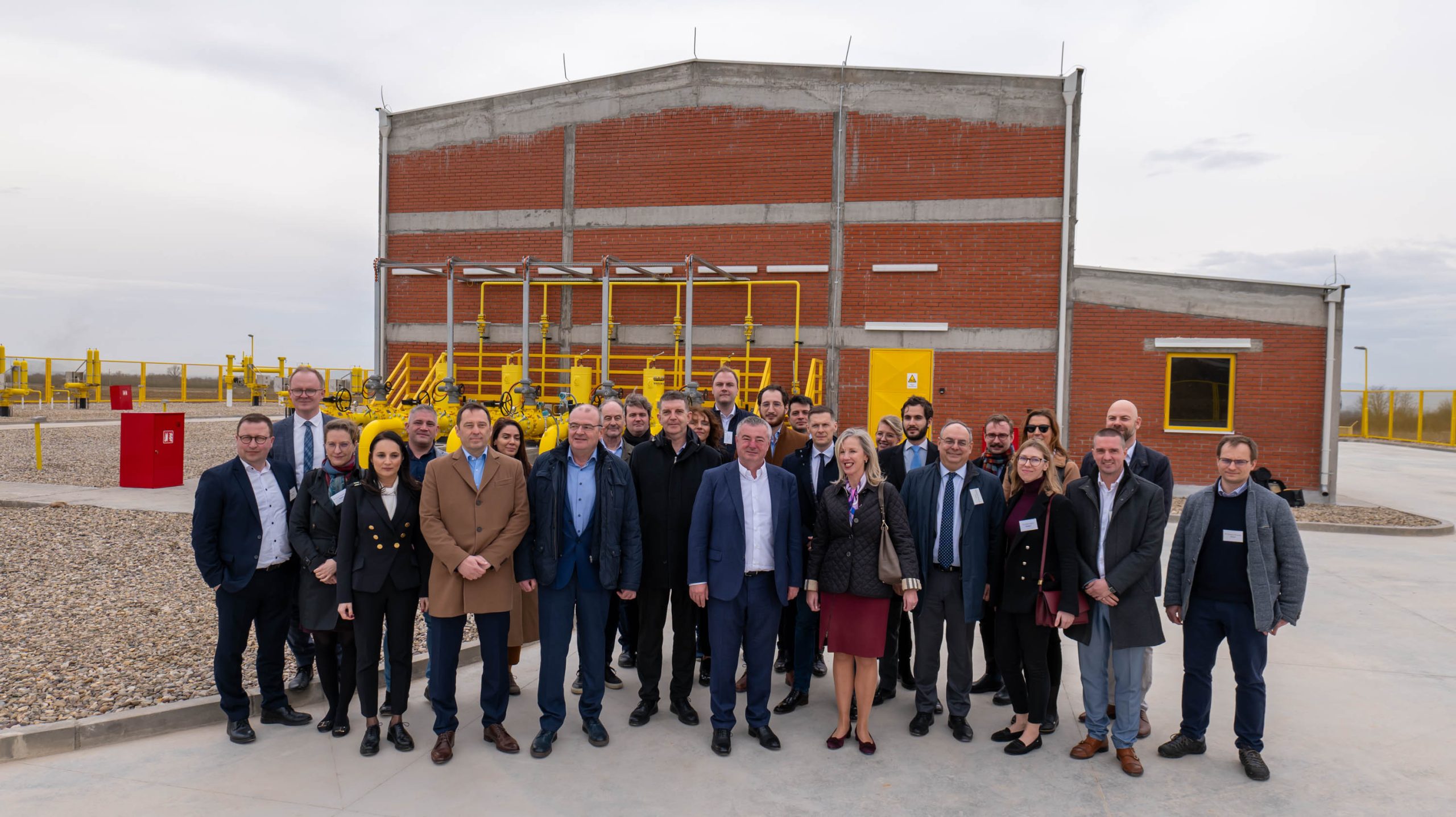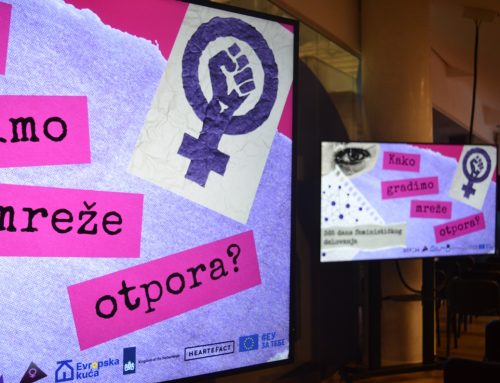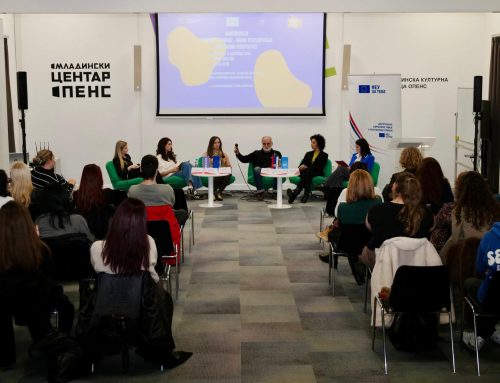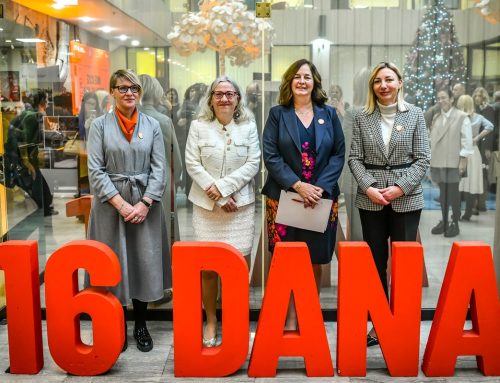At the end of last year, the works on the Serbia-Bulgaria gas interconnector were completed, and the Republic of Serbia is intensively working on establishing optimal conditions for using the full capacity of the gas pipeline. The new infrastructure makes it possible to obtain gas from various sources, which creates opportunities for economic development and improving the quality of life of citizens.
Representatives of economic attaches of EU member states, together with officials of the EU Delegation to Serbia and Srbijagas, visited the location of the measuring station Trupale gas pipeline near Niš today.
“The topics of energy security and the environment are important for Serbia, for the EU accession process and for Serbian economy, but they also concern all citizens. Today we visited the gas interconnector between Serbia and Bulgaria with 17 representatives from 13 EU member states, who deal with economic and trade affairs,” said Andrea Hochhuber, Head of European Integration, Economic and Trade Section of the EU Delegation to Serbia, adding:
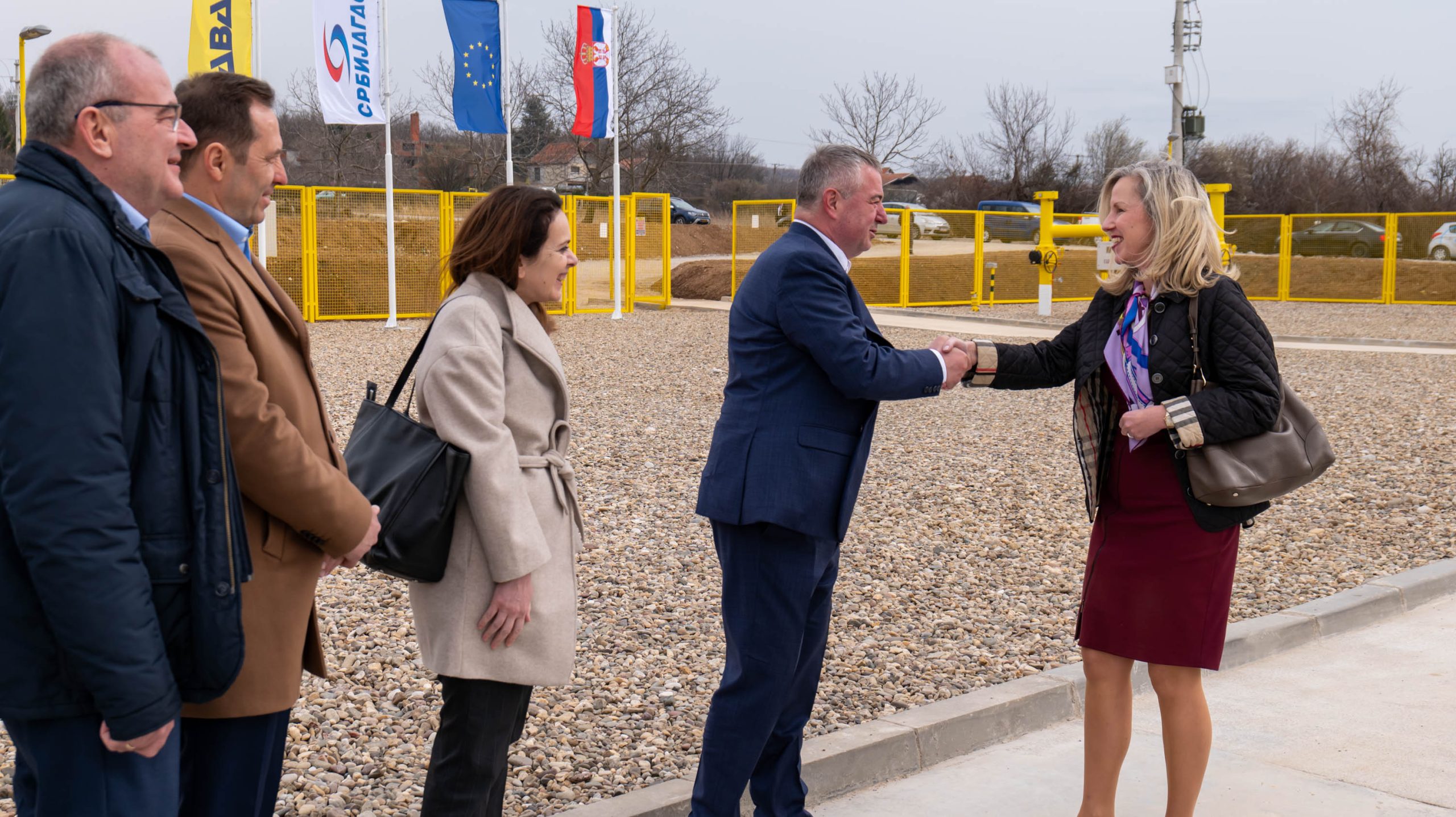
This gas pipeline is much more than infrastructure. It is a tool that will enable Serbia to make significant investments. This pipeline is extremely important, both economically and politically. With this investment, the EU has confirmed the importance it attaches to Serbian energy security and economic development,” said Hochhuber.
The project of building the gas interconnector Niš – Dimitrovgrad – Bulgaria is financed partly through EU grants, in the amount of EUR 49.6 million, as well as EUR 25 million of a favourable loan from the European Investment Bank that Serbia will pay for the part of the gas pipeline passing through Serbia. The Republic of Serbia has allocated EUR 15 million and EUR 7.5 million for preparatory works and the design.
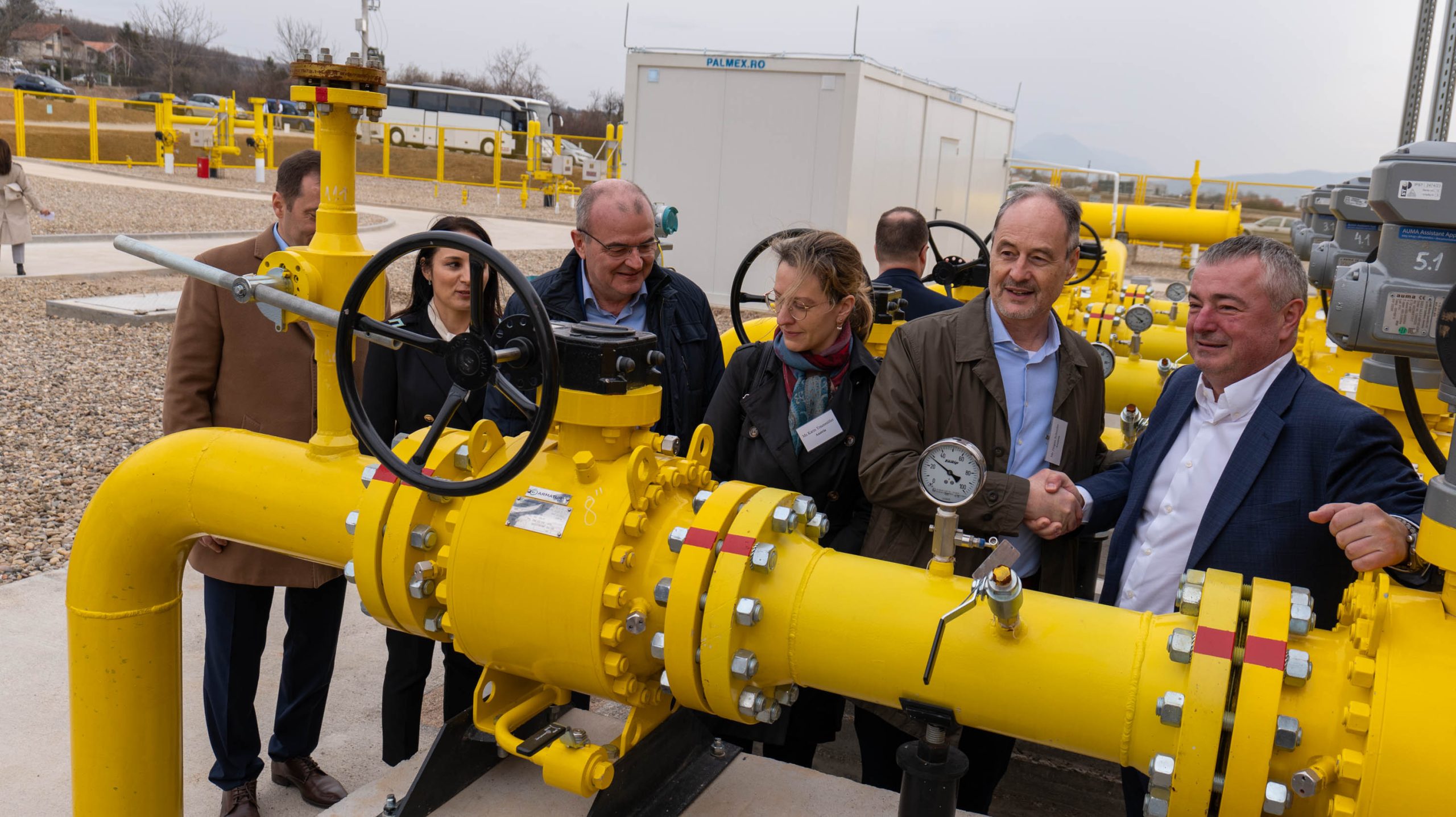
Dušan Bajatović, director of Srbijagas said: “I am glad that we have made sure that the interconnector project with Bulgaria has been completed and is in operation. Each interconnector is a two-way interconnector. We had various questions on the subject. It is good to have gatherings like this one, because the exchange of opinions with colleagues is very important. The cooperation between the EU and Serbia is excellent, and we are starting a new cycle of talks, in our case, on the topic of the gas economy”, Bajatović concluded.
Gas supply is important for citizens and economy. Gas secures partly the heating for homes as well as functioning of numerous industries. Currently, gas has the share of 13% in Serbia’s primary energy consumption and Serbia can receive it only from two entry points – through the Balkan Stream pipeline and from Hungary. The gas interconnector, connecting gas networks of Serbia and Bulgaria, will boost the diversification of energy sources in Serbia and the Western Balkans region, allowing Serbia more secure and stable supply from different gas network systems, notably from Azerbaijan and the future LNG Alexandroupoli terminal in Greece that can receive gas from all over the world.
The new gas interconnector connects the existing Serbian network in Niš with the Bulgarian network in the capital Sofia, stretching for 109 km on the Serbian side. With the pipe diameter of 700 mm and maximum pressure of 55 bar, its capacity will allow for the transfer of 1.8 billion cubic meters of natural gas annually, equivalent to 60% of Serbia’s total annual consumption.
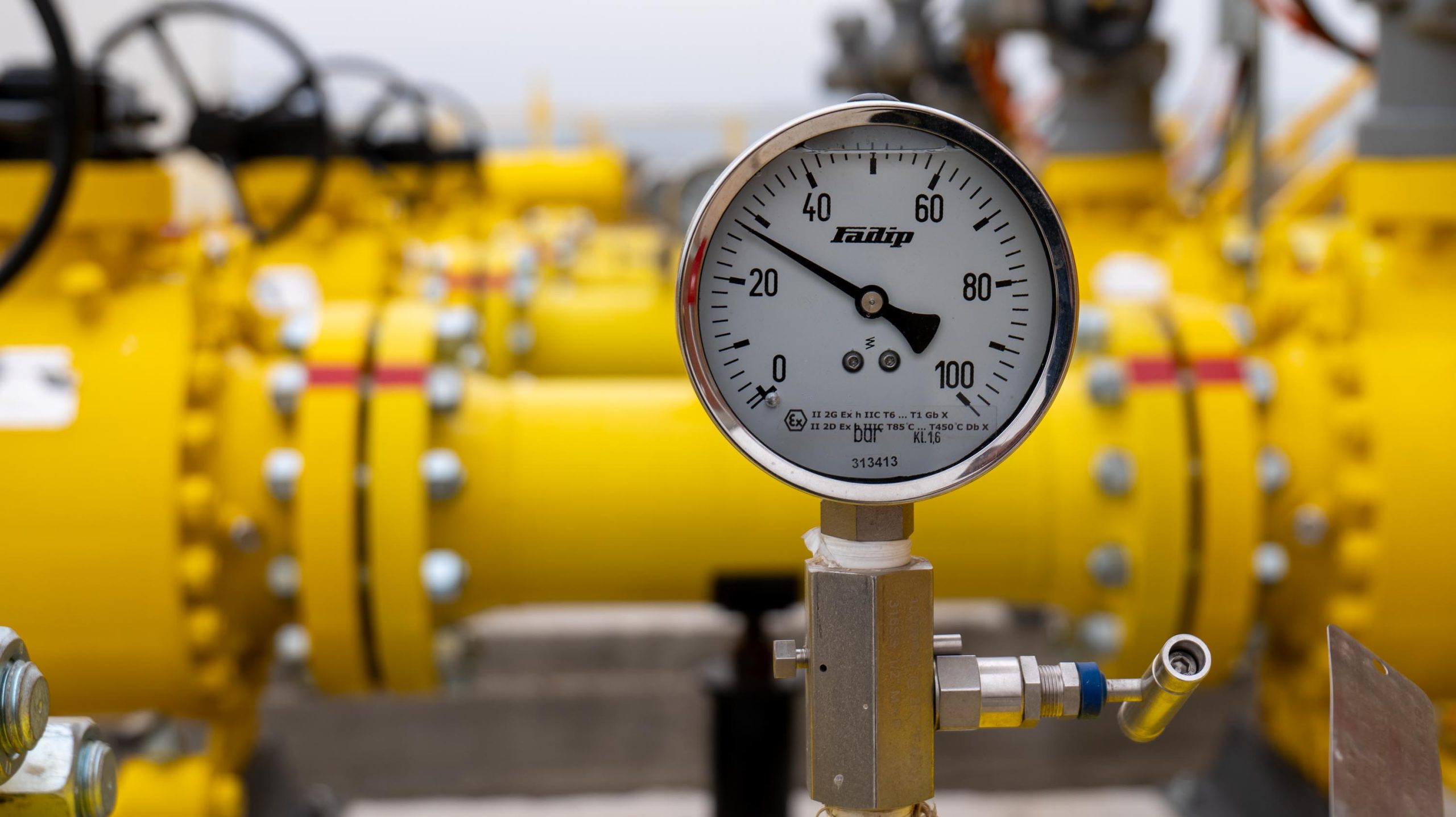
Besides Niš, the pipeline includes 3 other gas metering and regulation stations in Bela Palanka, Pirot and Dimitrovgrad. Thanks to this, these three cities and regions of Serbia – their citizens, schools, hospitals, businesses, will have access to gas supply, for heating and industrial production.
Due to a considerably smaller environmental impact and greater flexibility in terms of power production, natural gas comes in as optional transitional fossil fuel towards fully renewable sources. Transition to natural gas would also allow towns and municipalities in Serbia with developed district heating systems to construct high-efficiency, small-scale combined heating and power generating systems.
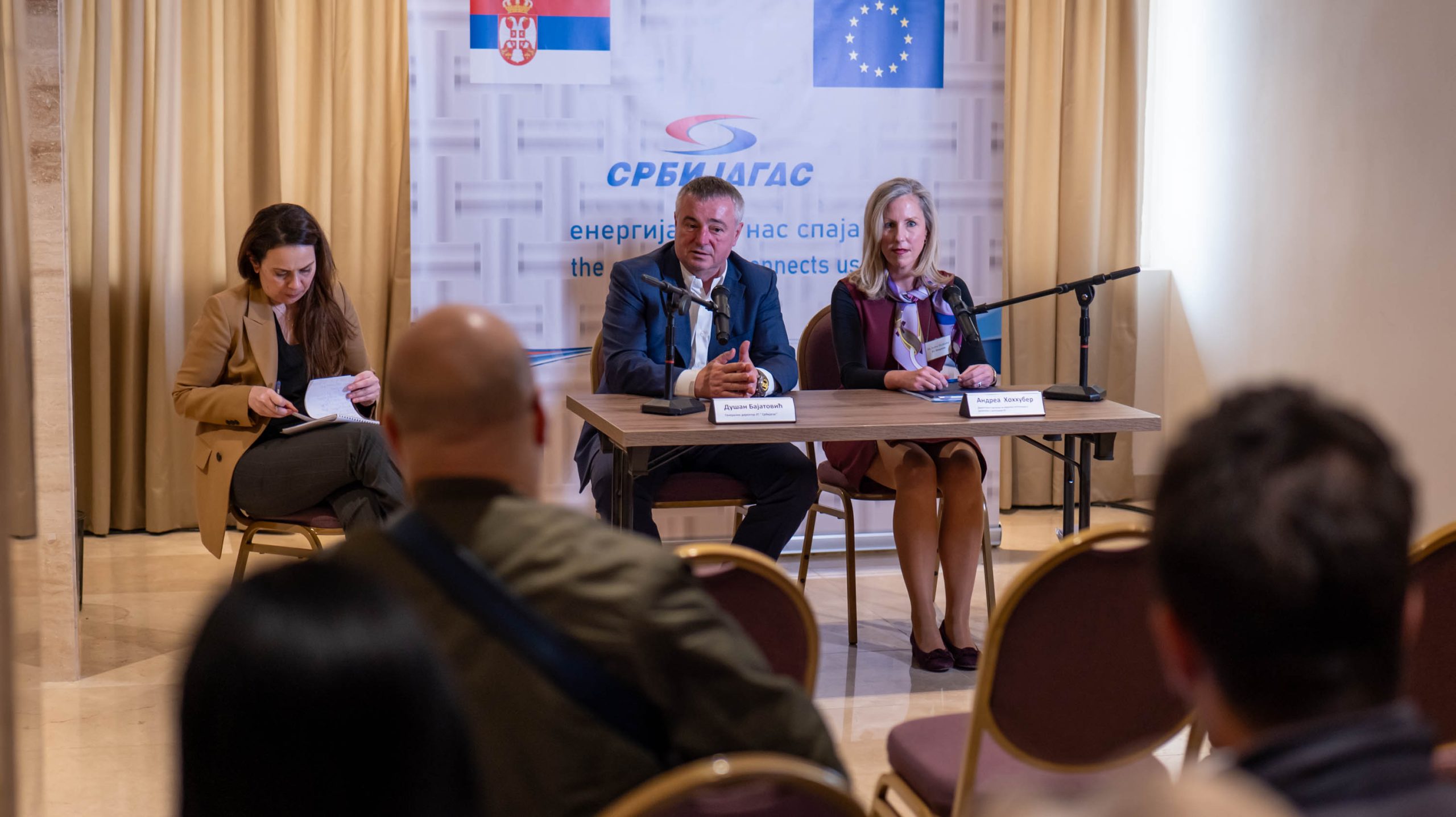
The European Union is the biggest donor of the energy sector in Serbia, with investments exceeding EUR 1 billion in grant funds since 2000. In 2023, the EU provided Serbia with the Energy Support Package of EUR 165 million in order to help citizens and small and medium-sized enterprises dealing with the increasing energy prices and green energy transition. Additionally, EUR 31 million was approved for the construction of new wind farm Kostolac (KfW loan EUR 81.8 million) and EUR 16.1 million for the reconstruction of hydro power plant Vlasina (EBRD loan EUR 61.6 million).
More about this topic:

